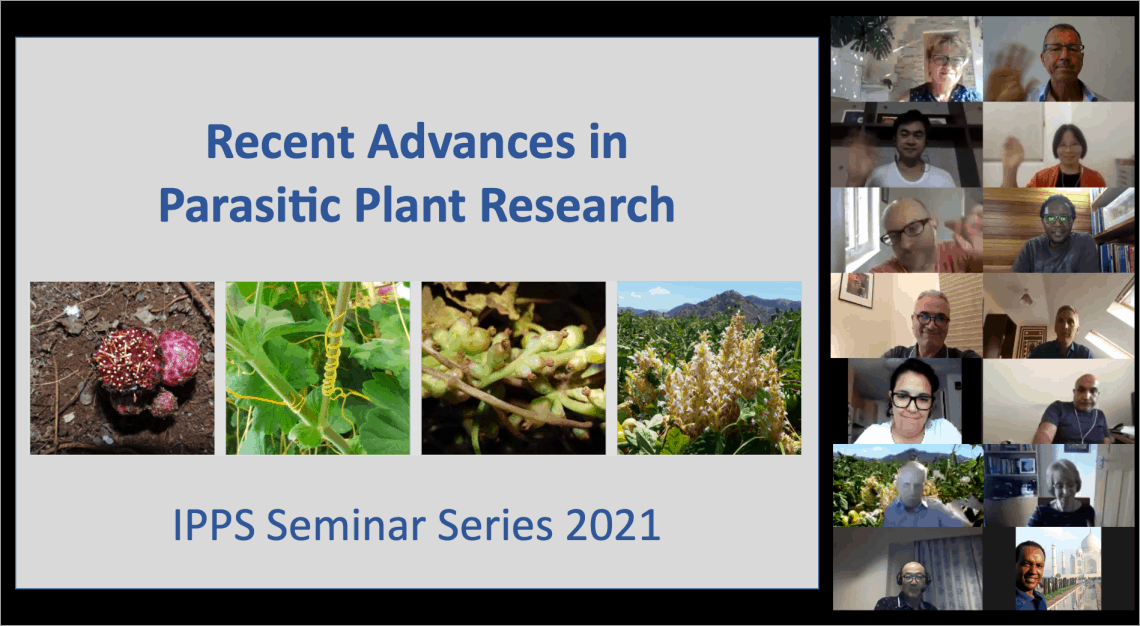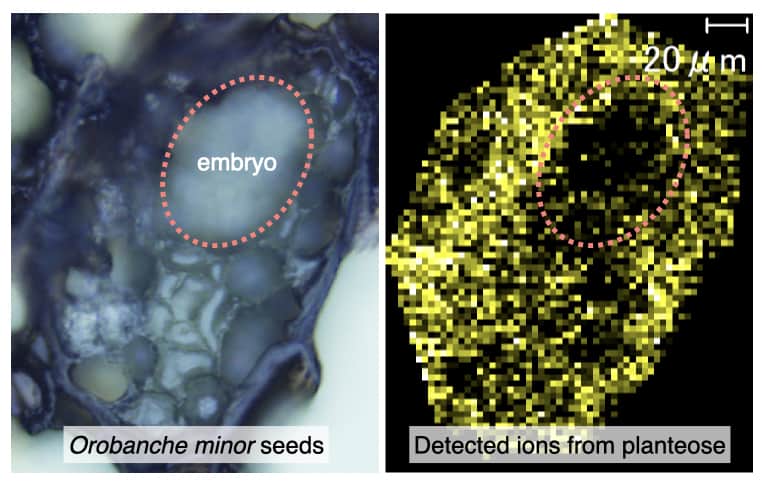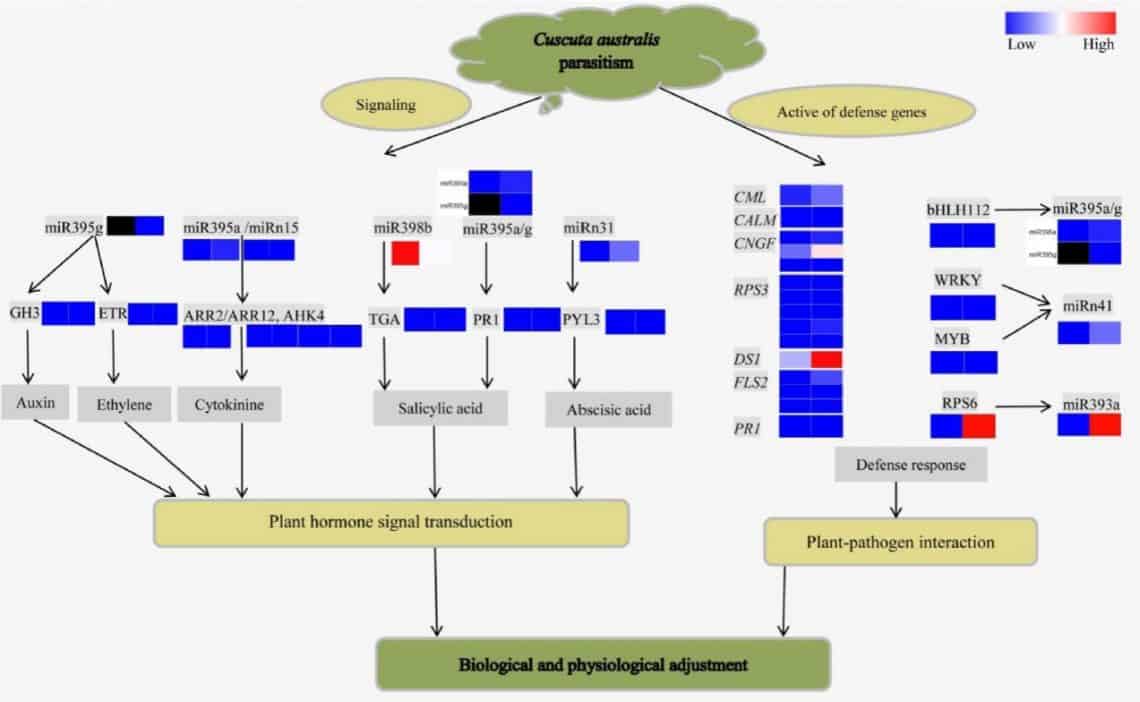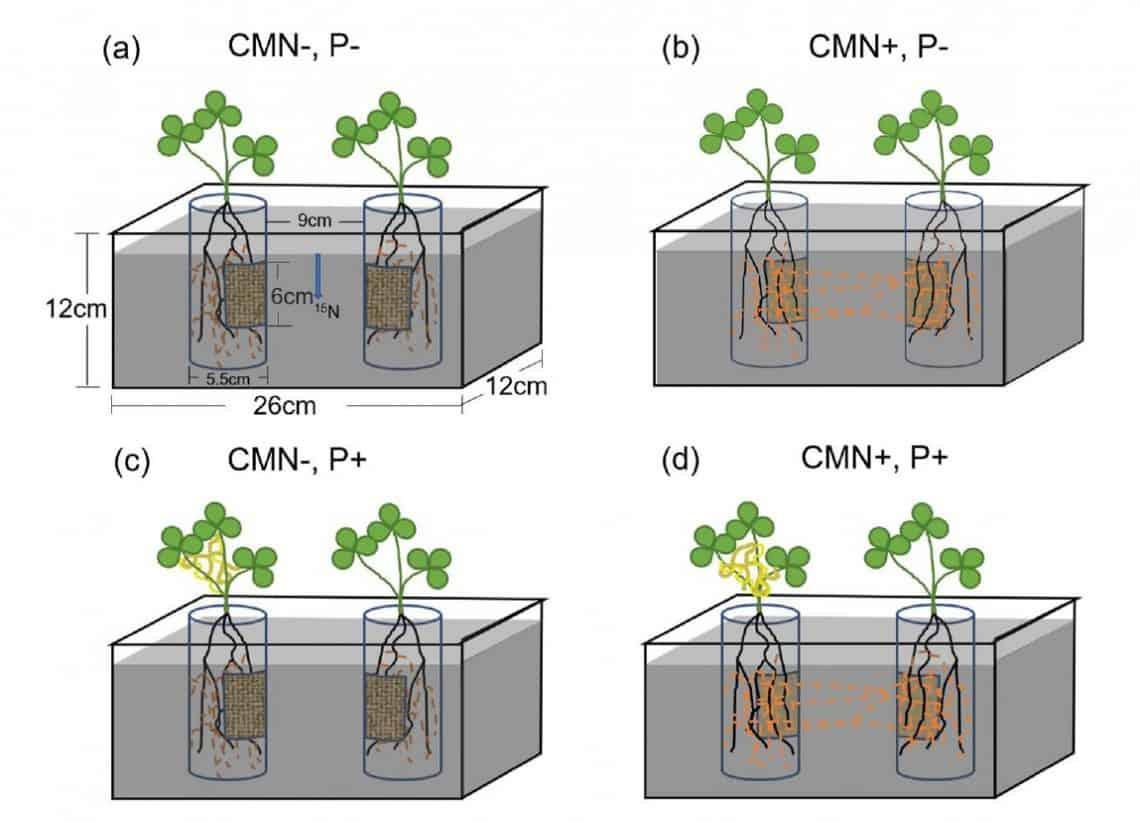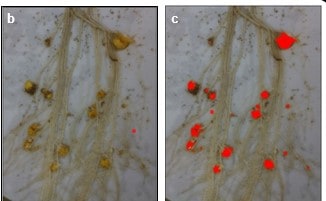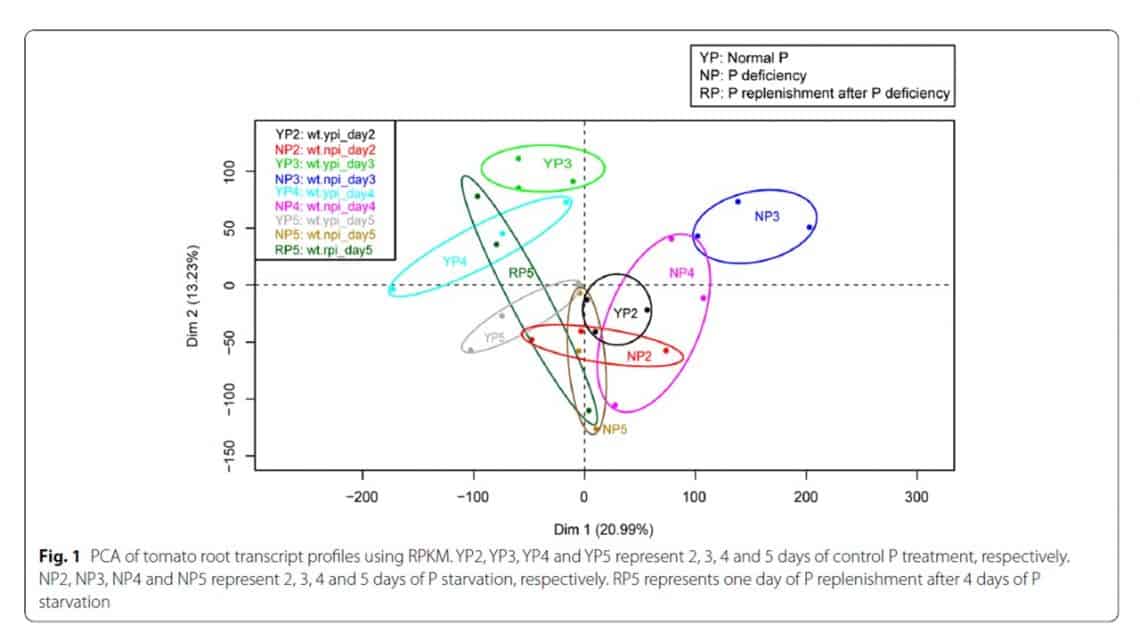The International Parasitic Plant Society is pleased to host the next round of talks of the IPPS Online Seminar Series on February 02, 2022 at 3:00 PM GMT*: Talk #1: Dorota Kawa (UC Davis, USA) – Mechanisms of microbe-induced resistance to Striga in sorghum The Zoom link can be accessed from this site in the IPPS Members-only Area (login required). […]
IPPS Seminar #9 with Dorota Kawa on Feb 2, 2022, 3 PM GMT
